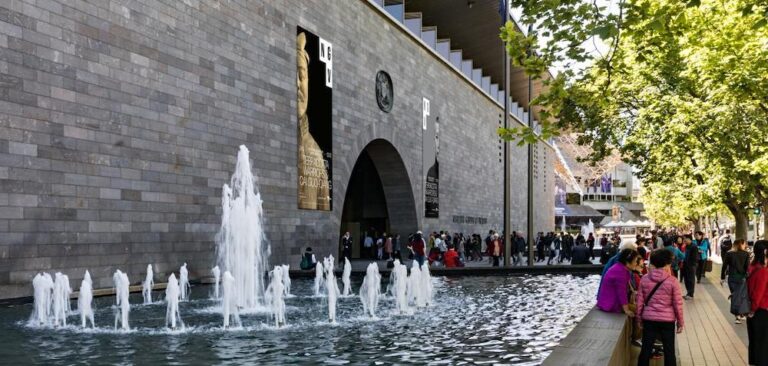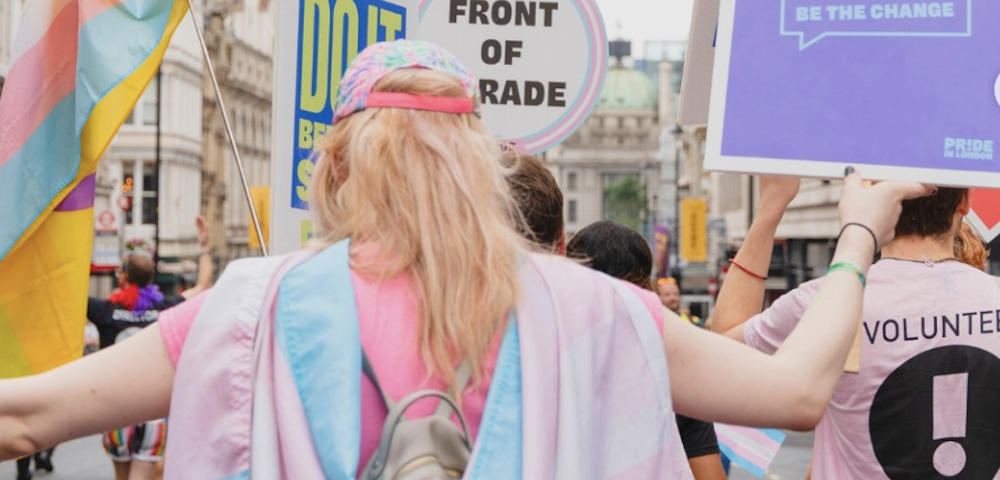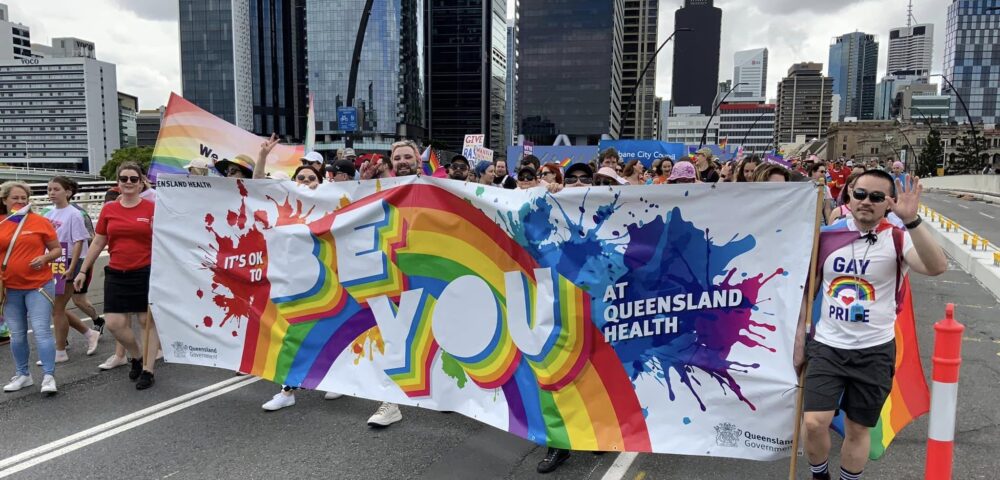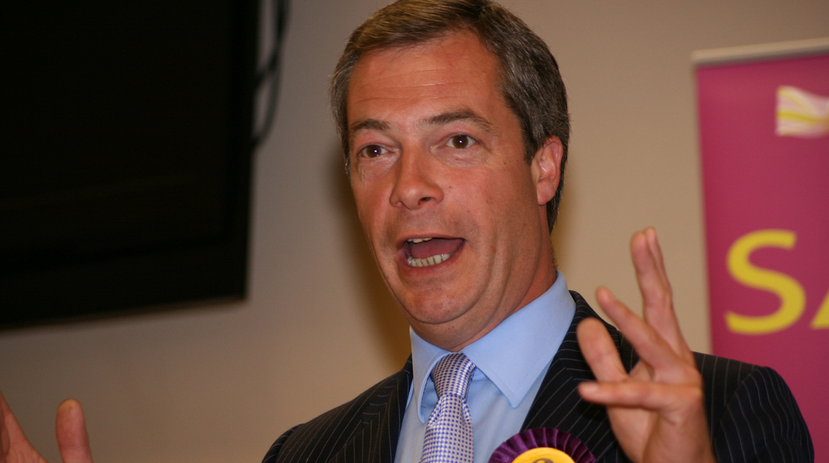
Global spotlight on Australia for World AIDS Day

MELBOURNE was the centre of attention for Australia’s World AIDS Day events over the weekend, with Nobel Laureate and Burmese politician Aung San Suu Kyi and UNAIDS executive director Michel Sidibe in the city for the launch of the AIDS 2014 international conference.
AIDS 2014 was launched at Victorian Government House on Sunday, where Suu Kyi, who was recently named UNAIDS Goodwill Ambassador, was the guest of honour.
She said she felt connected with the discrimination suffered by those affected by the global AIDS epidemic because of the persecution her pro-democracy political party has faced in Myanmar.
“We understood what it felt like to be discriminated against, what it felt like to be considered outcasts… We were considered dangerous by some of our friends. Most of us lost some of our closest friends because they were afraid to come near us,” she said.

Suu Kyi also said reducing discrimination against people affected by HIV must begin with compassion: “My simple message as the global ambassador for zero discrimination is it all starts in the mind and in the heart. There must be less calculation and more warmth, more love, more affection, more compassion.”
Meanwhile, Sidibe said we must remember the fight to end HIV was more than just a medical issue.
“One day we will remember that this fight against HIV was not just a fight against disease. It was a fight for social justice. It was a fight for the distribution of opportunity. It was the fight to make sure that the rights of people who are discriminated against are respected. It was the fight to make sure that violence against women will be stopped everywhere. It will be remembered as a fight for justice,” he said.
Deanna Blegg and John Manwaring from Living Positive Victoria’s Positive Speakers’ Bureau also addressed the crowd, and Manwaring told the Star Observer it was an overwhelming experience to be heard by world leaders.
“So seldom do we get the opportunity to really share our stories and try and make a difference to people who have a profound ability to make a difference,” he said.
Blegg said that although women were in the minority of HIV positive people in Australia, that was not the case globally,
“Worldwide, women and children are infected and affected on a greater scale than men, mostly through heterosexual contact,” she said.
On the Saturday, community supporters for World AIDS Day wore red to an event in Melbourne’s Federation Square, where Sidibe addressed the crowd on the need to motivate governments to contribute to the replenishment drive for the Global Fund to fight AIDS, Tuburculosis and Malaria.
“We must ensure that we continue to mobilise our political leaders to show them that first their resources are producing a result… but beyond the replenishment it is also the lives of people that are hanging in the balance,” he said.
Youth Empowerment Against HIV/AIDS chief executive Alischa Ross also highlighted the need for Melbourne to be prepared for next year’s conference.
“We wanted to make sure that… we were really able to wake and shake up the public awareness of this issue that I think for too many feels like something from an era gone by. HIV is still here and I think together we will be able to get to zero,” Ross said.
NSW also marked WAD with events across the state. At a function at Circular Quay’s Customs House, state health minister Jillian Skinner reiterated her commitment to reduce HIV rates and position NSW as a global leader in the effort to achieve the elimination of HIV transmission.
Her comments came as Positive Life NSW launched the Choose a Positive Life campaign to highlight the advantages of seeking appropriate treatment, after the release of recent statistics suggesting up to 50 per cent of people diagnosed with HIV in Australia were not taking medication.
Skinner also announced almost $550,000 in funding over three years to support the Kirby Institute make pre-exposure prophylaxis better available.
“As there is still no cure, testing, treatment and prevention remain the key elements of our strategy. It is vital that those at greatest risk of HIV infection – such as men who have sex with men and injecting drug users – take precautions, seek testing and, if found to be positive, embark on treatment,” she said.
“Testing leads to early detection, which enables treatment to be offered. Antiretroviral treatment not only improves the health and wellbeing of those who are HIV positive, but substantially reduces the risk of transmitting the infection to others.”









